Every week we release educational videos related to hot topics in the mortgage industry on YouTube.
Subscribe to our channel to stay in-the-know!
If you're pursuing homeownership but encountering financial hurdles along the way, the idea of having a cosigner for your mortgage might have crossed your mind.
So, why would you consider having a cosigner? The primary reason often revolves around income. If your income alone doesn't quite satisfy the lender's requirements for the debt to income ratio, a cosigner can help bridge that gap. For instance, if you're a recent graduate with a limited income, having a family member or a close relation as a cosigner can significantly boost your chances of realizing your homeownership dream.
However, it's important to recognize that having a cosigner isn't a magical solution. They aren't just there to lend their name and vanish into the background. They have responsibilities too, including handling paperwork and undergoing the same financial scrutiny as you. Crucially, having a cosigner will still require ALL borrowers, including yourself, to have satisfactory credit. Lenders always consider the lowest credit score among all borrowers, meaning if your credit isn't in stellar shape, it could still pose challenges.
In this guide, we're here to debunk common misconceptions about cosigners, particularly the belief that they can miraculously erase or overlook bad credit. That's simply not the case.
Now, let's delve a bit deeper into understanding what a cosigner is, ensuring we keep it clear and straightforward. So, what exactly is a cosigner, and how do they fit into your journey towards securing a mortgage?
The first crucial thing to understand, is that having a cosigner or co-borrower, the lender will have requirements that differ, depending on the loan type you are seeking. If your loan is an FHA loan, secured by the Housing Urban Development of the government, the requirements for a cosigner and co-borrower are more stringent. In fact, they must be an extremely close family member like a sibling, parent, step parent, or aunt or uncle. This is defined as a close family relation. The other type of common loan, Conventional, is more lenient in this aspect, so be sure to speak directly with a lender about the program you qualify for. If you are seeking a VA loan, which is a benefit for our veterans, there are no co-borrowers allowed other than the legal spouse.
A cosigner is signing only. They will provide income, asset and credit information, but will only appear on the mortgage note, not the title of the home itself. On the other hand, a co-borrower, is a borrower in entirety, and will also appear on the title of the home with the primary applicant.
These definitions are important as your support network decides how they would like to assist you. Many cosigners and/or co-borrowers will be concerned about their future qualification for a home of their own, if they co-borrower. My suggestion here is that they discuss thoroughly with your lender their finances, and potential future buying plans to be sure to have all of the facts straight before they commit.
Now that we've covered what a cosigner is, let's dig into why having one could be a smart move. The most common reason people turn to cosigners is to boost their income. If your paycheck alone doesn't quite stack up to the lender's requirements for the dream mortgage you have in mind, a cosigner can come to the rescue.
Think about it this way: imagine you've just graduated from college, and you're all fired up to buy your first home. But there's a catch—your income is on the lower side, which might not align with what the lenders are looking for. It's a bit like having all the keys to your new home but missing the right one to unlock the door.
This is where a cosigner can step in and make a real difference. They bring their income and financial stability to the table, bolstering your chances of getting approved for the mortgage you need.
So, having a cosigner isn't just about having a safety net; it's a strategic move that can bridge the gap between your reality of homeownership and the reality of your current financial situation. In the next sections, we'll explore the roles and responsibilities of a cosigner and address some common myths about their impact on your mortgage journey.
Now that you know why someone might become your cosigner, it's time to understand that they're not just there to nod silently in your mortgage journey. They take on specific responsibilities, which includes dealing with paperwork and having their financial situation carefully examined.
When you team up with a cosigner to apply for a mortgage, their financial background is put through the same thorough evaluation as yours. They should expect to provide pay stubs , bank statements and possibly other documents.
In the next section, we'll tackle common myths about cosigners to ensure you have a crystal-clear understanding of their role in your mortgage journey.
It's time to set the record straight on some misconceptions surrounding cosigners.
In reality, this is not the case. Lenders play by a different rulebook—they always go with the lowest credit score among everyone involved in the mortgage, regardless of how impressive your cosigner's credit history might be.
Imagine you have a not-so-great credit history, and you're thinking that a cosigner with excellent credit will make all those past financial hiccups disappear. This is actually not the case. All credit is considered, and the lender will consider the lower of the borrower's credit score for the final decision of the approval. If you need to work on your credit, sooner rather than later is better. If you are not wanting to talk to a lender yet, but are curious to see the credit score that most resembles what lenders pull, visit MyFICO.com. Getting your credit score up could save you hundreds of dollars a month on your mortgage payment and thousands over the life of your loan.
The primary role of a cosigner is to boost the income qualifications for your mortgage application. In other words, they can assist you in meeting the financial requirements that might be a bit out of reach on your own.
True that the loan they cosigned for will be considered when they are later applying for their own credit. However, in many instances, the lender is able to obtain proof that the mortgage is being occupied and paid by you. Most of the time, 12 month proof of your payment will need to be obtained, so be sure to keep good records and pay using a bank account. When cashier checks or money orders are used, this can pose a verification problem later on. In reality, this is not the case. Lenders play by a different rulebook—they always go with the lowest credit score among everyone involved in the mortgage, regardless of how impressive your cosigner's credit history might be.
As mentioned before, this definition of close family relation will differ between an FHA loan, and a Conventional loan. These are the two most popular loan types, but by not means the only ones. Be sure to check with a mortgage lender to discuss your situation, and if your cosigner meets the defined criteria for the program.
This is a big one. Depending on the state you live in, this answer will be different. In community property states, the cosigners legal spouse will also need to sign at closing. This does not mean they will be on title, but they must acknowledge they know of the transaction. In addition, for some loan types, like FHA, the spouse of the cosigners credit will need to be pulled as well. This is because the income of the cosigner must be able to carry all the debts of their household as well.
All signers credit will be affected in the case of a 30 day plus late payment. So be sure that you plan to have open communication with them , in case of a hardship down the line. Communicating about things ahead of time will help you preserve the relationship, rather than paying late, and risking damaging relationships later on.
As we approach the final stretch of our exploration into cosigners and mortgage loans, let's wrap it up with some valuable takeaways. When you're considering whether or not to involve a cosigner, take a moment to weigh the pros and cons thoughtfully. Think about your finances and also the finances of your cosigner, your credit situation, and even your relationship with the potential cosigner.
Reaching out to a mortgage loan officer can be a game-changer. Mortgage professionals are experts at helping provide exact answers so that you and your family can decide if a cosigner option is right for you.
As you move forward in your homeownership journey, take a step back if needed, gather all the facts, and make decisions that are best for you. Homeownership is a significant milestone, and with the right information, you're well on your way to achieving that dream.
Our mortgage team would be honored to provide answers to your questions about cosigners to help decide if this is your path for purchasing a home this year. We can be reached at
www.loanwithjen.com/contact





All Rights Reserved | Jennifer Hughes Hernandez | Senior Loan Officer | NMLS #514497
Full service residential lender with an experienced team offering expert service, reliable communications and on-time closings in the greater Houston area.

Every week we release educational videos related to hot topics in the mortgage industry on YouTube.
Subscribe to our channel to stay in-the-know!
Gardner Financial Services, Ltd., dba Legacy Mutual Mortgage, NMLS #278675, a subsidiary of Texas Partners Bank. 18402 U.S. Highway 281 N, Ste. 258, San Antonio, TX 78259. AZ BK-2001467. Check registration and licensing at nmlsconsumeraccess.org. Legacy Mutual Mortgage is an Equal Housing Lender. This is not a commitment to lend. Material is informational only and should not be construed as investment or mortgage advice. Legacy Mutual Mortgage is not an agency of the federal government. Not all loan products are available in all states. All loans are subject to credit and property approval. Not all applicants qualify. Restriction and conditions may apply. Information and programs current as of date of distribution but may change without notice. [11/2025]